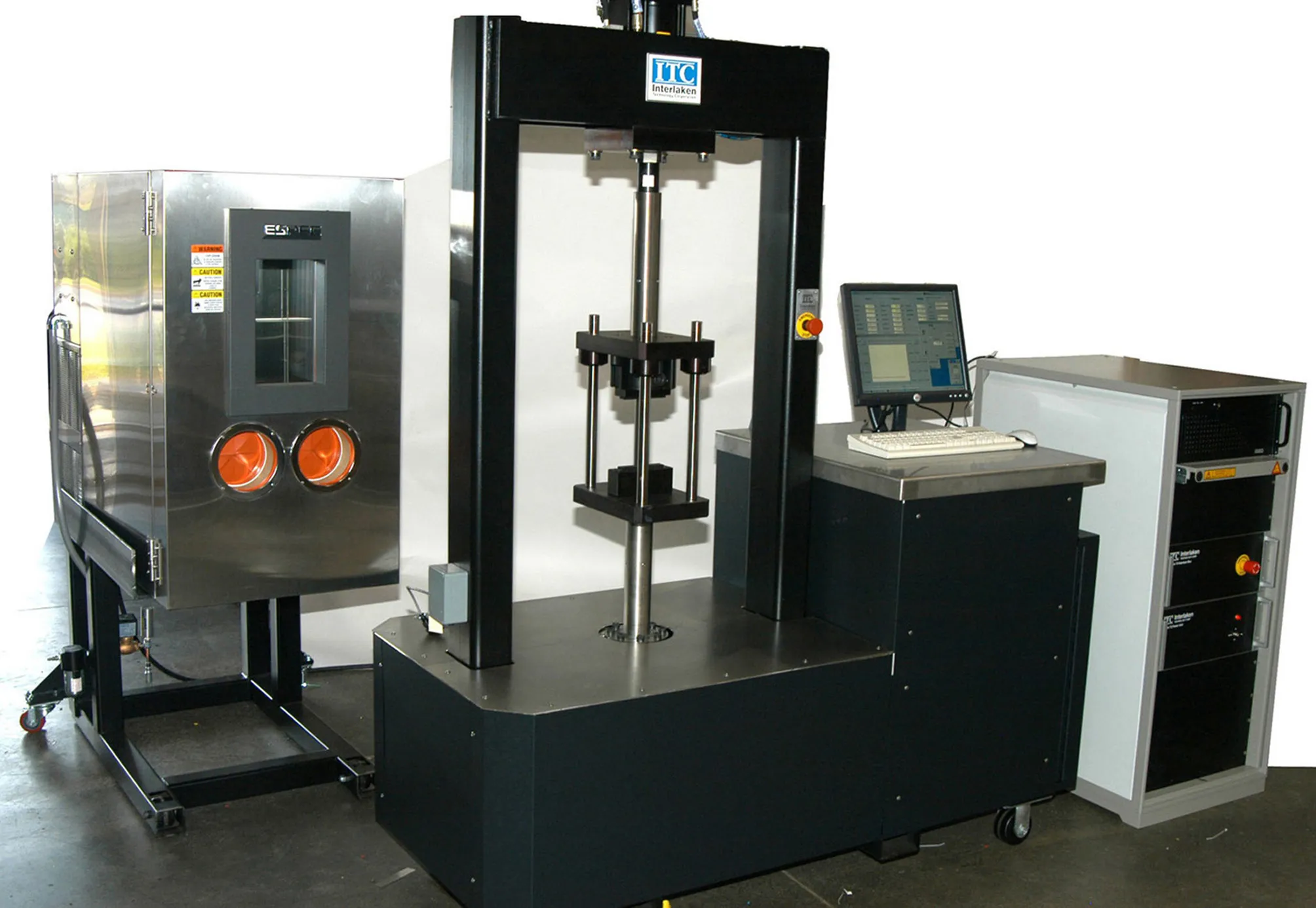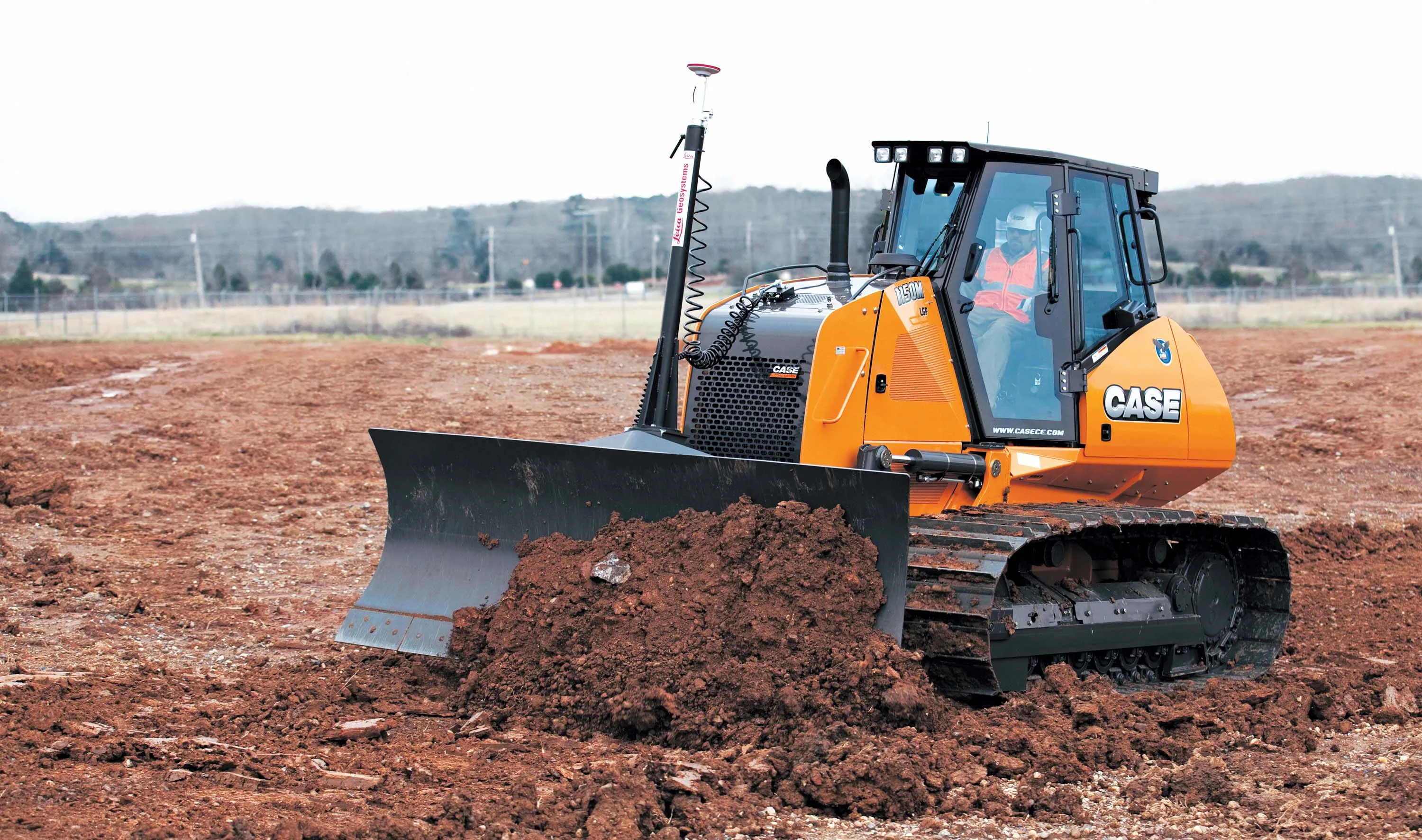As the shift towards performance-based pavement design continues, testing equipment manufacturers are responding with new solutions for their customers - Kristina Smith reports. CONTROLS Group is launching a new dedicated asphalt division, PAVELAB SYSTEMS. The move signals a desire on the part of the manufacturer to offer a more partnership-style approach, working with customers to provide them with the right asphalt testing solutions at every stage of a pavement’s design and construction. “The mission of o
January 3, 2013
Read time: 2 mins

As the shift towards performance-based pavement design continues, testing equipment manufacturers are responding with new solutions for their customers - Kristina Smith reports
“The mission of our new division is to operate in closer synergy with the market by offering advanced proprietary technologies,” said CONTROLS spokesman Medeo Olivares. “Test methods for pavement and asphalt materials are becoming more severe, and demand advanced technologies to better respond to performance-based testing criteria that are able to reproduce the true conditions of a road.”
With 40 years’ experience in asphalt testing, including collaboration with academia and major international laboratories, CONTROLS believes that its team of researchers and skilled experts can offer its customers more than just efficient and cost effective testing equipment. “When choosing a PAVELAB SYSTEMS solution, a customer can rely on a fully specialised partner that is able to solve all test problems related to pavement and asphalt materials,” says Olivares.
PAVELAB SYSTEMS’ new products include PAVE-COMP, a multi-size slab compactor; DWT PAVE-TRACK, a wet (Hamburg type) and dry double wheel tracker; and DUCTI-METER, a high performance ductility meter. Existing products include the DYNAPAVE dynamic testing systems and the GYROCOMP gyratory compactors.
The new division aims to work with its clients to develop new testing equipment, based on creating value for the customer, an ethos CONTROLS calls CVI-Tech (Customer’s Value drives the Innovation). This means that any new equipment must be designed according to a set of guiding principles which include getting the best quality-to-price ratio; making machines expandable by modules; and maintaining value over time, says CONTROLS.









